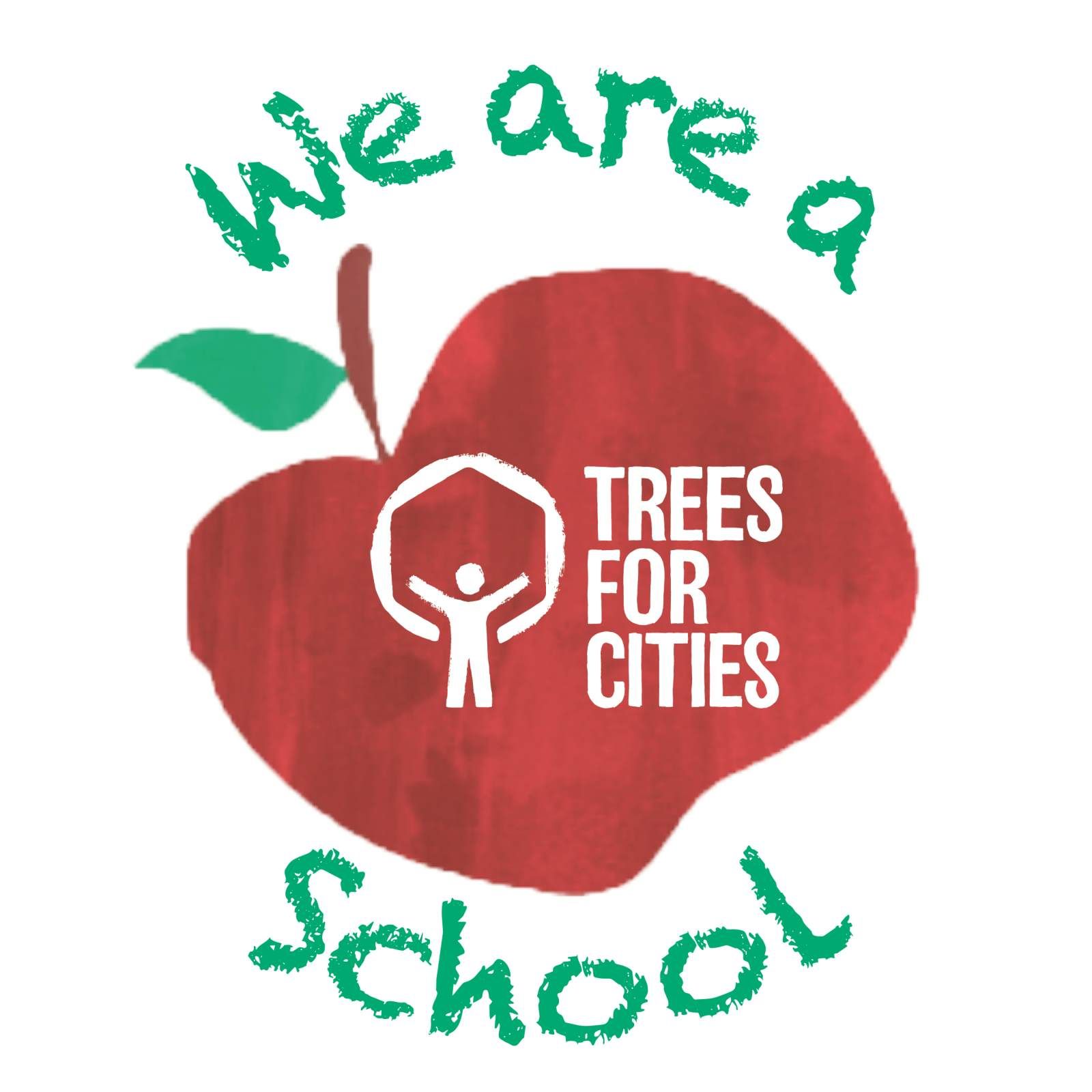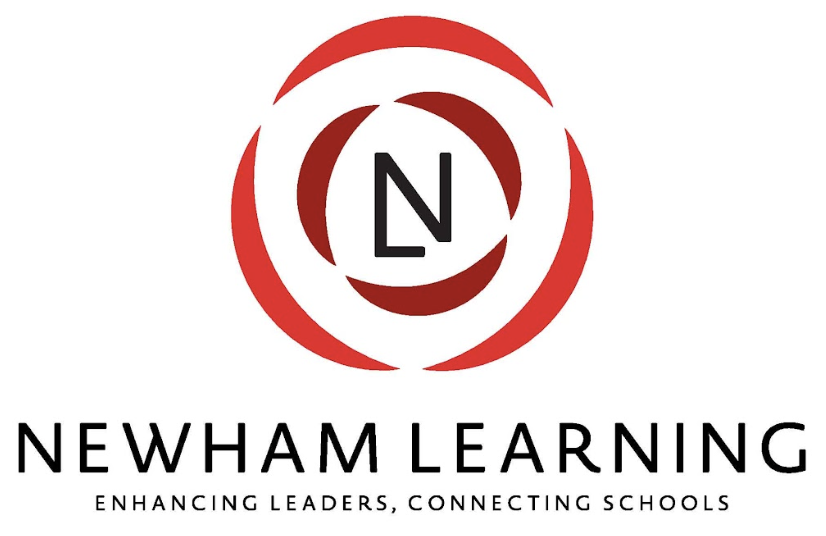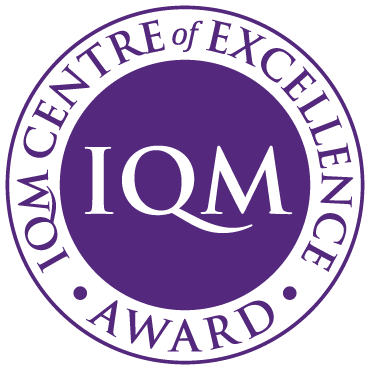Cultural Capital and SMSC
At Plaistow our children to experience joy on their own unique learning journey in order for them to become creative, aspirational lifelong learners.
Our three curriculum drivers underpin all we do:
- joy
- creativity
- aspiration
We live and breathe our school values so that everyone in our school community is respected and appreciated. We embrace diversity and promote fundamental British Values in order to prepare children to live in a multicultural and multi-faith modern Britain.
We aim to develop the 'cultural capital' of our children, enriching their social, moral, spiritual and cultural development. We achieve this through our broad and balanced curriculum which includes engaging and meaningful learning experiences both in and outside the classroom.
We understand ‘cultural capital’ to be the essential knowledge that pupils will need to be educated citizens, introducing them to the best that has been thought and said and helping them to engender an appreciation of human creativity and achievement.
Cultural Capital and SMSC Statement - Plaistow Primary School
British Values Statement - Plaistow Primary School
Collective Worship Statement - Plaistow Primary School
Spiritual, Moral, Social and Cultural (SMSC) Development at Plaistow
|
How it will be developed:
|
Evidence of impact:
|
- A broad and balanced curriculum which includes the Newham Agreed Syllabus for Religious Education.
- Our thematic curriculum inspires children to imagine, connect, wonder, question and create.
- Educational visits to different places of worship.
- Visits by members of different religious groups within our community.
- Time during the school day for children to reflect on their learning.
- Whole school assembly themes provide opportunities for children to reflect on their own lives and beliefs.
- Assemblies which address themes that are common to all world religions as well as reflection time at the end of assemblies.
- Several different religious celebrations and festivals observed and discussed.
- Mind Up sessions for children to take time reflecting on their state of mind
|
Children will:
- understand, celebrate and respect the religion, belief systems, values and feelings of others.
- possess a willingness to reflect on their experiences.
- have a sense of enjoyment and fascination in learning about themselves, others and the world around them.
- use their imagination and creativity in learning.
|
|
How it will be developed:
|
Evidence of impact:
|
- The Plaistow Primary School Behaviour Policy promotes a sense of belonging whilst developing self-esteem, respect for others and self-discipline.
- Exploring the impact of behaviour choices with children, modelling the language of consequences, rights and responsibilities.
- Whole school weekly themes which address moral and ethical issues in the local and global community.
- A broad and balanced curriculum which includes themes which cause children to explore and question world events.
- Class Contracts linked to our Plaistow values created with children set out behaviour expectations in the classroom.
- Mind Up sessions where children reflect on their actions and the impact on others.
|
Children will:
- recognise right and wrong and can apply this understanding in their own lives.
- understand the consequences of their actions.
- have an interest in investigating, and offering reasoned views about moral and ethical issues.
|
|
How it will be developed:
|
Evidence of impact:
|
- Partnership work with other schools in our local area. This includes sporting, artistic and musical events.
- Daily opportunities for children to work in partner and group contexts.
- Exploring different societies and communities through our thematic and cross-curricular learning experiences.
- Educational trips and visits (including School Journey) give children an opportunity to meet pupils from other schools around London.
- PSHE Phase Assembly themes teach children strategies for cooperation, participation and resolving conflict.
- Opportunities for children to give back to our local and global community.
- PE sessions where pupils participate in group sporting events and competitions with each other
|
Children will:
- use a range of social skills in different contexts. They can work and socialise with pupils from different religious, ethnic and socio-economic backgrounds.
- possess a willingness to participate in a variety of social settings, cooperating well with others and being able to resolve conflict effectively.
- exhibit an interest in and an understanding of how communities and societies function at a variety of levels.
|
|
How it will be developed:
|
Evidence of impact:
|
- Assemblies and specific learning opportunities that explore our cultural heritage.
- A broad and balanced curriculum which celebrates many cultural traditions from around the world.
- Children have opportunities to participate in a wide range of artistic, musical, sporting, mathematical and cultural events and experiences.
- Trips and visits to a wide range of places with cultural importance.
|
Children will:
- understand and appreciate the wide range of cultural influences that have shaped their own heritage.
- are willing to participate in and respond to artistic, musical, sporting, mathematical technological, scientific and cultural opportunities.
- explore, understand, respect and celebrate diversity in religion, ethnicity, and socio-economic groups in the local, national and global community.
|





